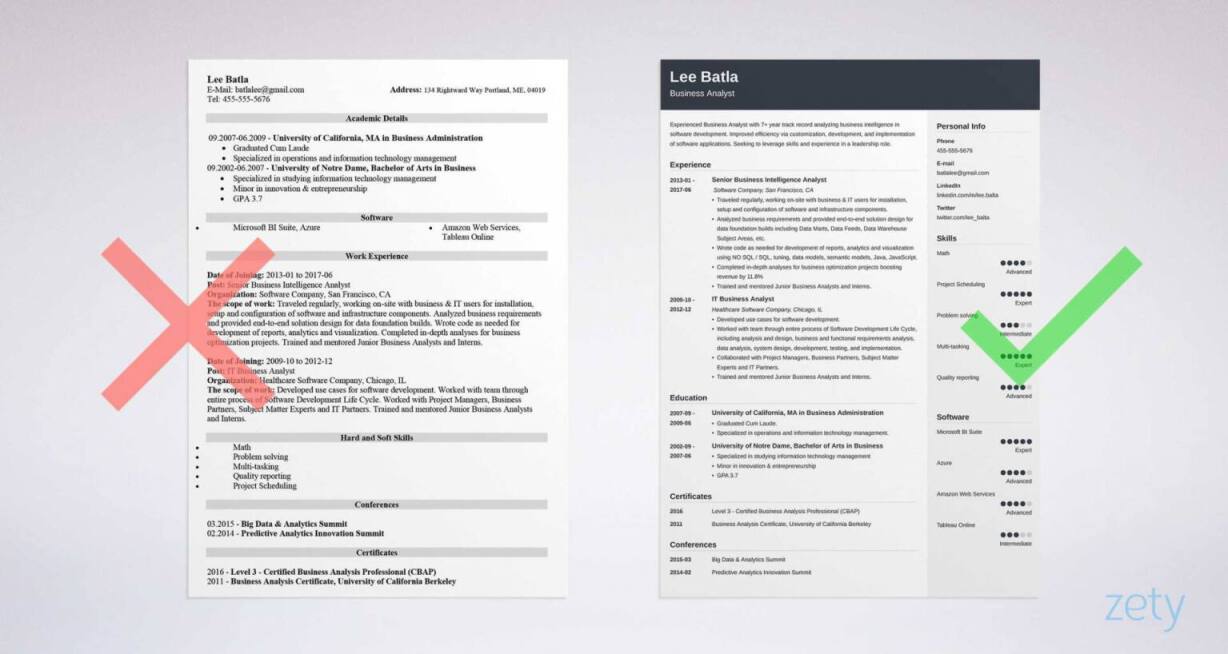

Some applicants may comprise both a headline and a resume profile, using the headline to draw the reader, and then a profile to offer additional information. Though, a resume headline is one concise expression, whereas a resume profile is a small paragraph of bulleted points. Resume headlines are comparable to resume profiles in that both offer a brief synopsis of an applicant’s qualifications. What is the difference between resume headlines vs. Although they encompass only a few words, these one-liners are the first thing recruiters and hiring managers to interpret. Headlines are a significant calculation to your resume. It rapidly communicates who you are as a candidate and, when written efficiently, grabs the concentration of hiring managers. Pose a question you’ve always wanted to answer then collect and analyze data to answer that question and put it in a blog post.Resume headline (also known as resume title) is a short narrative situated just below your name and above your resume summary.Can you try to join a hackathon and shape the vision of a product to build? Can you choose your favorite consumer web app and detail any changes you’d make?.Can you do a deep dive on a company you’re interested in and build a presentation around a new market they can expand into or a new product offering they can develop?.
#Job resume title movie#
#Job resume title full#
“Recent computer science graduate with a passion for developing scalable web applications and working across the full stack.Through the development of personal projects I’ve learned the importance of having an iterative, hypothesis-oriented approach to analysis and I’m excited to leverage that approach at Acme Corp as a data analyst.” “Prospective data analyst who strives to pose and answer questions with quantitative-driven insights.Great objectives (for entry-level) and summaries (for 10+ years of experience) mention the business by name, use power-packed, concise language, and sprinkle some metrics describing previous job achievements.These statements can, however, set your resume apart from the crowd when customized to the target job:.Most entry-level job candidates needn’t include a resume objective or resume summary.Starting with a resume outline can help you fill in some of these important details. As you progress in your career, your education section will take up less and less space on your resume, but right now, it’ll consume a sizable amount of real estate.That’s why it’s important that you show your qualifications through relevant classes you took in school. Hiring managers understand that when you start your career, you won’t have a ton of relevant experience with which to write your resume.More often than not, this will be your education. Lead with your strengths on your entry-level recruiter resume.They’re an excellent way to show your skills and initiative in place of work history. Lastly, if you’re freshly out of school, you can leverage any projects you worked on that apply to the listed requirements.Tailor it to match the job description’s keywords, including them in a few of your work experience bullet points and your resume objective (if you decide to use an objective).To boost your chances of getting an interview, tailor your entry-level engineer resume.More often than not, all you need is a degree and some soft skills like organization and project management in your resume’s skills section. But although employers “require” you to have experience, what they really want is for you to have the skills to complete the job.But to get engineering experience, you have to get your first engineering job.

When you’re trying to get your first engineering job, employers say you need experience. Starting your engineering career is a classic catch-22.


 0 kommentar(er)
0 kommentar(er)
